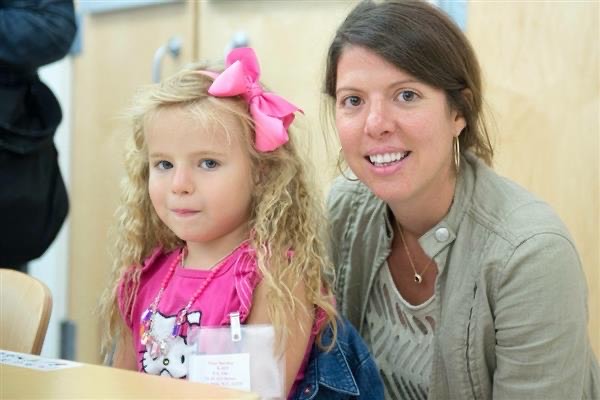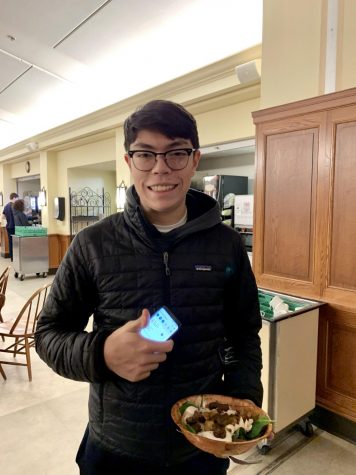Kent Faculty Embrace Technology…. Or Not.
April 9, 2017
In an increasingly technologically equipped and involved society, new problems and answers are arising even within the confines of the Kent community. With the introduction in recent years of school portal websites such as Veracross and Haiku along with the increasing use of email and text, students and teachers are more plugged in now than ever.
An important question regarding technological use and online communication is rising within the Kent community: where does it stop? Mr. Hunt contends that the school needs to work better to educate students on the costs of using smartphones particularly “in terms of creating a civil community.” Long gone are the days at Kent where Students were required stand and salute before class, but students now bury themselves into their phones and often are disengaged. Mr. Hunt points out students place themselves on “islands” nowadays and can isolate themselves amidst cell phones and laptops, neglecting the importance of face-to-face interaction. The interaction between students and teachers alike works to create a sense of civil community, one that stands in danger of finding itself more and more disconnected as each generation of students becomes more technologically dependent.
There are other considerations of the relationship between learning and technology. Ms. Lynch recognizes the value of technology and the information it offers students, but worries that students may be neglecting some traditional, effective methods of education. She worries that although students may learn things “for the moment” but lack “an investment of their time” and that students should make an “investment in their memory garnered for 20 years” and be more comfortable with traditional research methods. The ease of access to information in the modern day can make it easy for students to simply obtain facts online to quickly use and subsequently forget them. Ms. Lynch argues that students could make more effective use of traditional study to retain information for future use more effectively; a variety of studies has indicated that the use of pen and paper in note-taking and research actually has a significant impact on converting short-term memory into long-term memory. Although it may be excessive to prohibit electronic note-taking, it is an important consideration that most students are most likely unaware of.
When talking to Ms. Prickett regarding the switch towards online portals for communicating class work and keeping students, she advocated for the use of websites such as Veracross and Haiku, but saw some current difficulties facing this technology. The lack of consensus amongst the use of such portals and the recent switch from Haiku to Powerschool can make “conformity really difficult” and places extra difficulty on teachers to migrate content between platforms. Similarly, Ms. Prickett recognizes the utility of cellphones and values technology in her life, but sees an arising problem with student usage of cellphones in the classroom.
Mr. Booth felt passionately about this topic and aimed to make a few statements but was unavailable for contact due to his lack of a cellphone and penchant for missing emails (comment approved by Mr. Booth).






